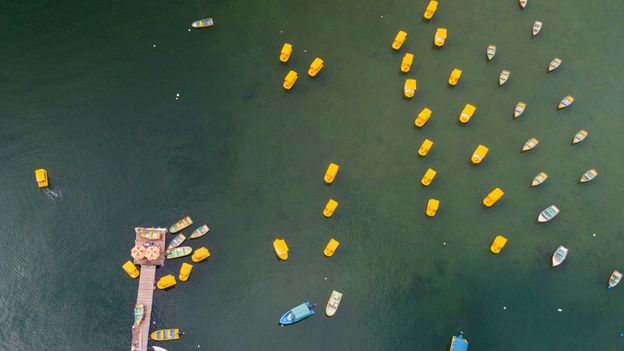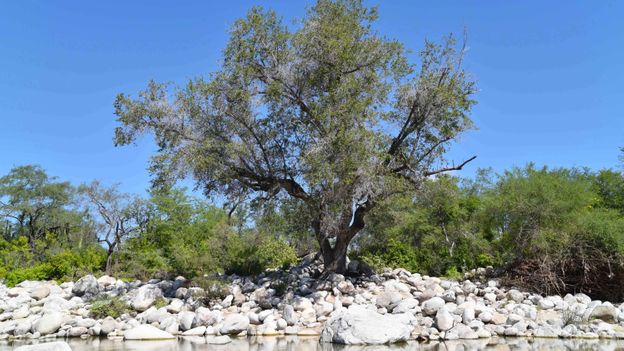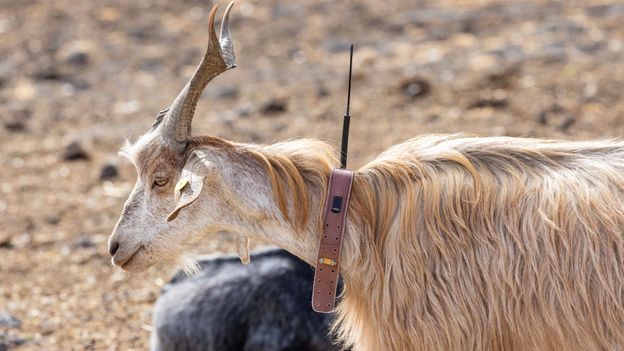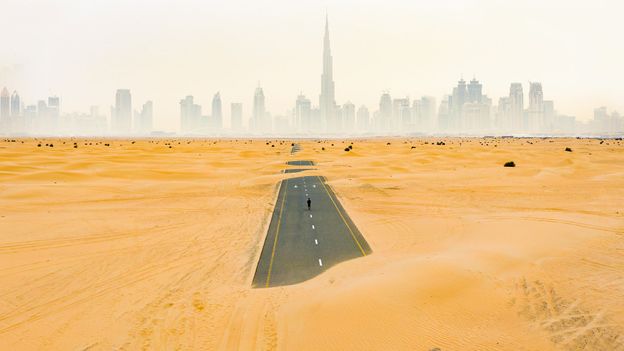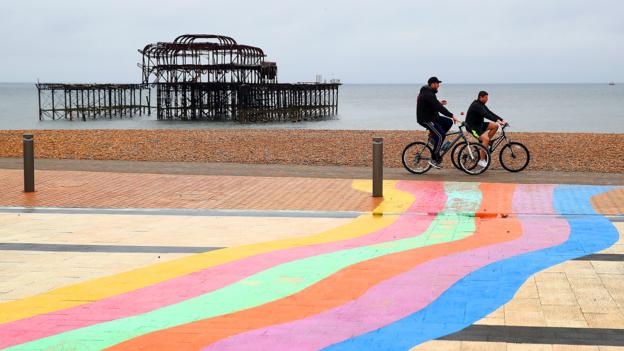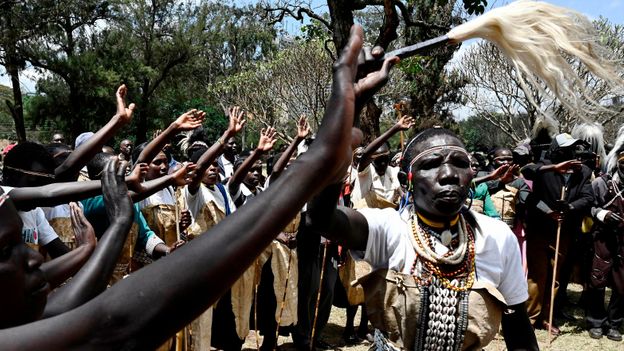“These programmes have had tremendous positive impacts on improving river water quality, reducing flood risk, restoring habitat and increasing biodiversity globally,” says Ho.
Meanwhile, Ho suggests that a range of prevention measures can all help to reduce pollution and in turn cut the rates of greenhouse gas emissions from rivers. Better wastewater treatment and increasing the number of wastewater treatment facilities, as well as introducing buffer corridors around rivers to reduce pollutant inflow, and reinstating natural channel shape and natural flow regime to avoid sediment accumulation, can all help to cut river emissions.
Similarly, back in Hong Kong, Lai who carried out the study which measured greenhouse gas emissions from 15 urban rivers, suggests that pollution could be reduced by minimising excessive use of fertilisers in agricultural fields and expanding the sewage network to even more rural populations. At present, about 6% of Hong Kong’s population remain unconnected to sewerage systems, but the government is working to expand the network.
Currently, Lai and his team are finalising the results of their study, and like Ho, plan to share the findings to relevant governments and NGOs to inform them about the added benefits of improving the water quality of rivers.
“While the Hong Kong river quality in general has significantly improved over the last few decades, owing to various measures by the government (e.g. legislation, establishment of sewage network), there is still room for improvement, especially for rivers in Northwestern New Territories,” says Lai. “Reducing the nutrient pollution in particular would not only improve the water quality for faunal activity, but at the same time help reduce greenhouse gas emissions and mitigate climate change.”
—
The emissions from travel it took to report this story were 0kg CO2. The digital emissions from this story are an estimated 1.2g to 3.6g CO2 per page view. Find out more about how we calculated this figure here.
—
Join one million Future fans by liking us on Facebook, or follow us on Twitter or Instagram.
If you liked this story, sign up for the weekly bbc.com features newsletter, called “The Essential List”. A handpicked selection of stories from BBC Future, Culture, Worklife, and Travel, delivered to your inbox every Friday.

